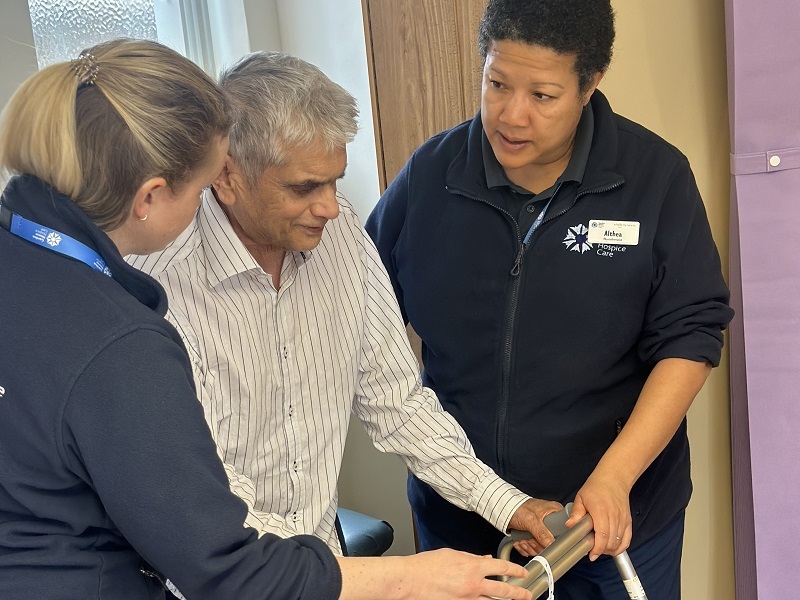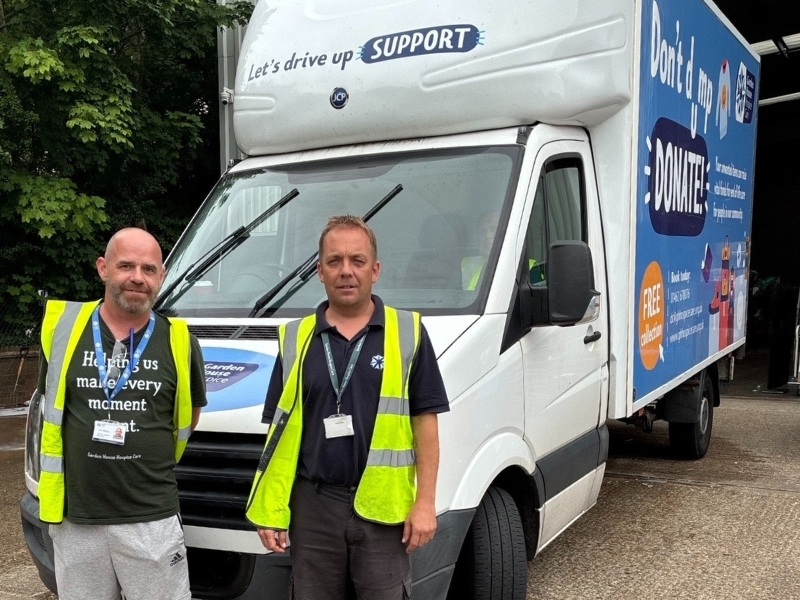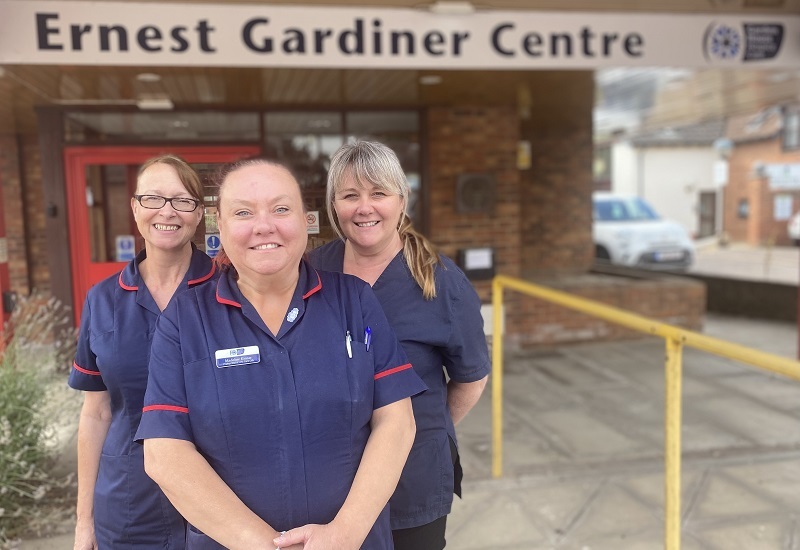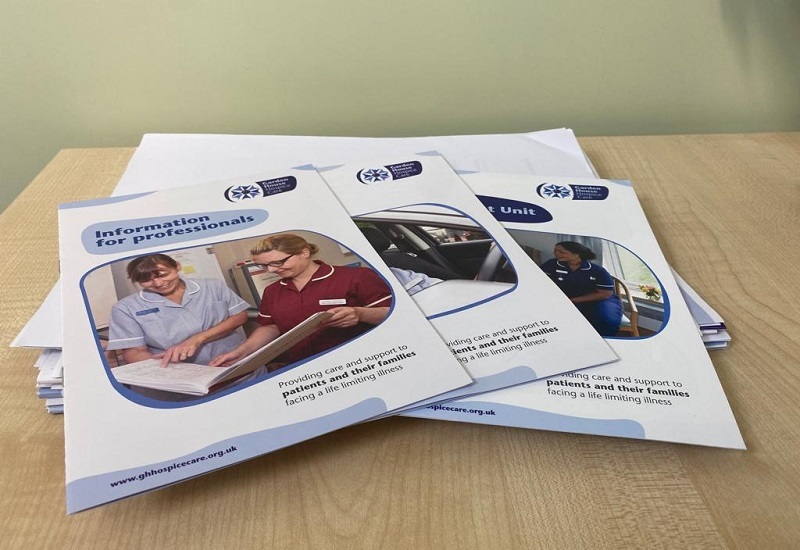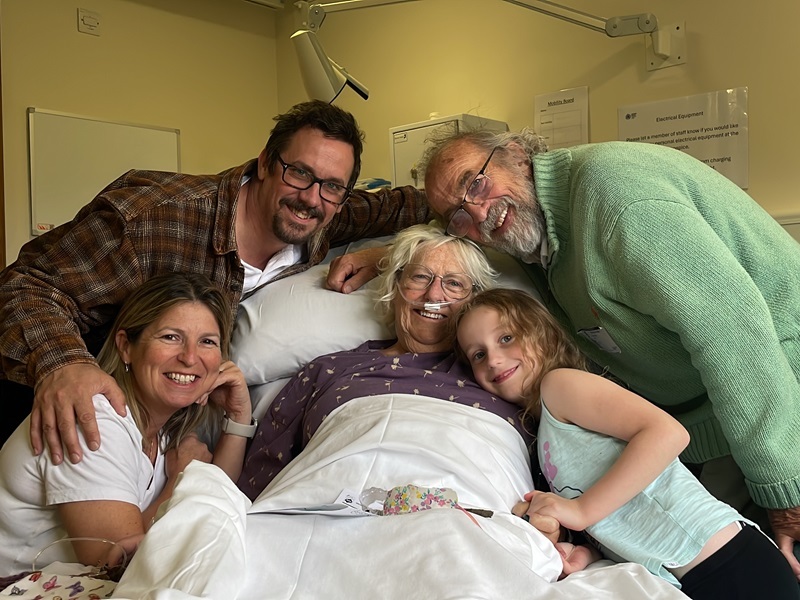
Supporting children & young people
The illness or death of someone close can have a huge impact on a young person.
With the right support and information, children and young people can be helped to understand death and life-limiting illnesses, what has happened and how to move forward in a positive way. There are some simple ways which can make a real difference to you and to a grieving child.
It is important to remember that children will notice changes to their world, whether big or small and can sense when something is wrong and can tell when the adults around them are stressed or upset.
Children may be more able to deal with the truth and painful information than adults think they are. If they are not given information, they may overhear adults' conversations and invent their own explanations, which can result in them feeling scared, worried, upset or to blame. They may react to the serious illness of someone close to them in a variety of ways. There may be changes in their behaviour or mood. Some children will express their worries and show how they are feeling, whereas others will keep their feelings inside.
Please note: We are currently unable to accept new referrals for children and young people. See our resource library for details of recommended companies and charities who can provide support to children dealing with bereavement.
How you can help
Parents and carers can help their children to live with the serious illness of someone they love, by providing age appropriate information, with an opportunity to ask questions and allowing them to express their feelings and concerns. You should inform their place of education of what has happened, as they may be able to offer support. It is also important to make sure you have enough support for yourself.
Children 0-11 years
- Try to continue with regular activities as far as possible; this can help children feel secure
- Children often see-saw in and out of grief, needing time to have fun as well as be sad
- Talk to the children using simple, straightforward language
- Give the children as much information as they ask for
- Answer questions about death as honestly as you can
- Encourage children to talk about how they are feeling
- Children often need help retaining their memories - share stories with them
- It is okay for your child to know you are feeling sad.
Young people 12+ years
- Bereaved teenagers and young people often don't want to talk to parents, preferring to talk to friends
- They may need to grieve privately and may be reluctant to display feelings openly
- They may take their lead from the way the adults around them behave
- Boys may channel their feelings into aggressive behaviour
- Girls may be more likely to talk and cry with friends
- All young people may show worrying risk-taking behaviour.
How we can help
If you are unsure what or when to tell your children, please contact the Emotional & Psychological Support Service at Garden House Hospice Care by calling 01462 679540. We will discuss your concerns and help you to find ways to talk to your children about the situation. We understand that every child and circumstance is different and there is not a 'one size fits all' approach.

